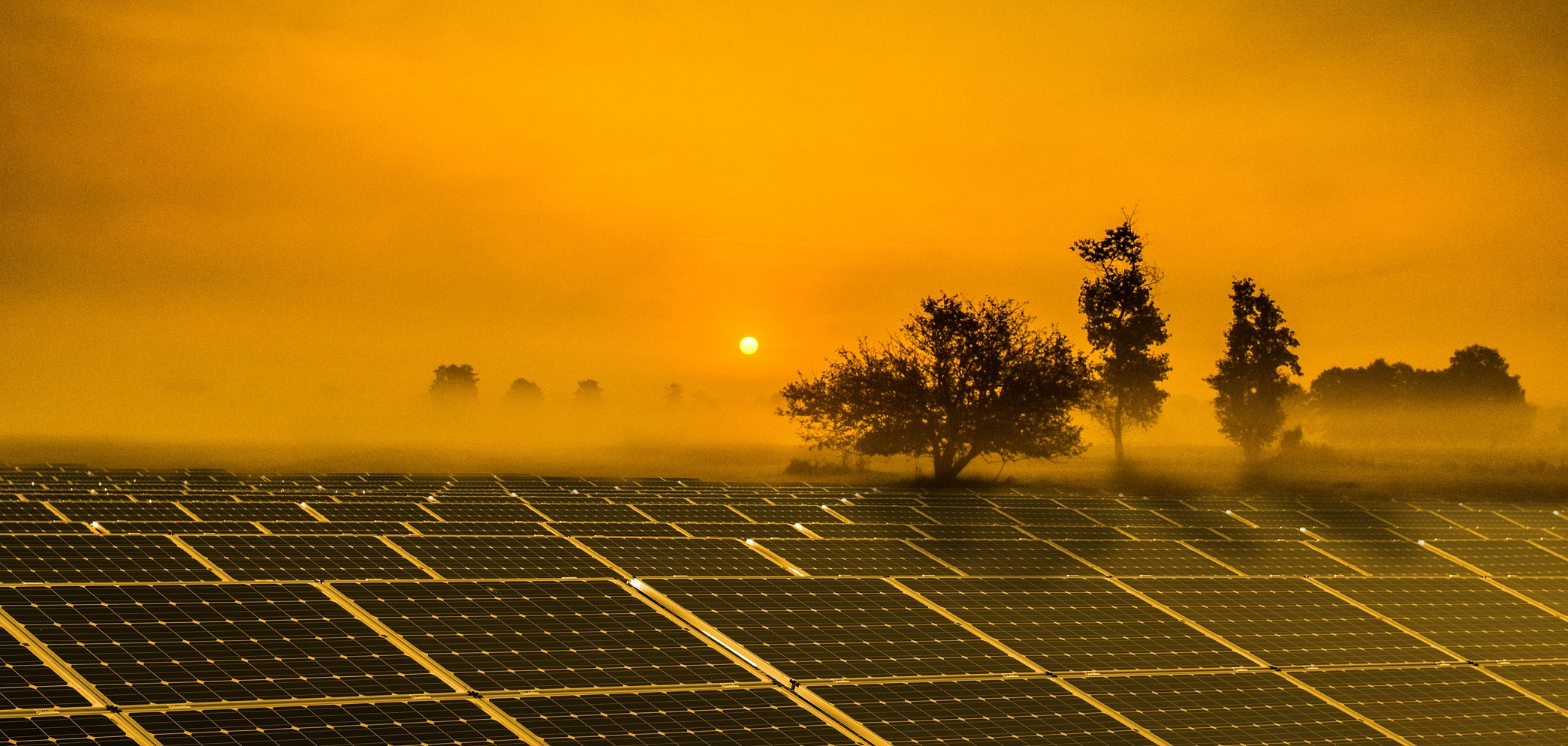What is Solar Energy and How Does It Affect the Earth?
Solar energy is a renewable and clean source of energy that has been in use for centuries. It is the energy that we get from the sun, and it can be harnessed in many ways to produce electricity, heat, and light. This type of energy is becoming increasingly popular as the world moves away from fossil fuels, which contribute to climate change. In this article, we will explore what solar energy is and how it affects the Earth.
What is Solar Energy?
Solar energy is the energy that is produced by the sun. This energy travels to the Earth in the form of electromagnetic radiation. This radiation can be harnessed by solar panels, which convert it into electricity. Solar energy can also be used to heat water or air, and it can be used to power devices such as calculators and watches.
The sun is an incredibly powerful source of energy. In fact, the amount of energy that the sun produces in one second is enough to power the entire Earth for millions of years. This energy is produced by nuclear reactions that take place in the sun’s core.
How Does Solar Energy Affect the Earth?
Solar energy has a significant impact on the Earth. It provides us with the energy we need to grow crops, power our homes and businesses, and run our cars. Solar energy is also a clean source of energy, which means that it does not produce any greenhouse gas emissions that contribute to climate change.
One of the biggest ways that solar energy affects the Earth is through the production of electricity. Solar panels are becoming increasingly popular as a way to produce electricity, and they are being used in homes, businesses, and large-scale solar farms. When solar panels are used to produce electricity, they do not produce any greenhouse gas emissions, which makes them an environmentally friendly alternative to fossil fuels.
Solar energy can also be used to heat water and air. When solar panels are used to heat water, they are called solar water heaters. Solar water heaters are becoming increasingly popular, particularly in sunny areas, as they are an environmentally friendly alternative to traditional water heaters that rely on fossil fuels.
The use of solar energy can also have a positive impact on the environment. By reducing our reliance on fossil fuels, we can reduce our carbon footprint and help to combat climate change. Solar energy can also help to reduce air pollution, as it does not produce any harmful emissions.
Solar energy is a clean and renewable source of energy that has a significant impact on the Earth. It provides us with the energy we need to power our homes, businesses, and cars, and it does so without producing any harmful greenhouse gas emissions. Solar power can be harnessed to power various lawn care equipment and tools, reducing or eliminating the need for fossil fuel-based alternatives. Solar-powered lawnmowers, trimmers, and leaf blowers can operate silently without producing harmful emissions, offering a cleaner and quieter alternative to traditional gasoline or electric-powered equipment. Additionally, homeowners who have embraced solar power for their homes can potentially utilize excess energy generated by their solar panels to charge their electric lawn care tools, further minimizing their carbon footprint. Solar energy can also help to reduce our reliance on fossil fuels, which can have a positive impact on the environment. As solar technology continues to improve, we can expect to see even more widespread use of solar energy in the coming years.
Solar energy is a type of renewable energy that is derived from the sun’s rays. It is considered a clean source of energy because it does not produce any greenhouse gas emissions, unlike fossil fuels. Solar energy is harnessed using various technologies such as photovoltaic cells, concentrated solar power, and solar water heaters.
Photovoltaic cells, also known as solar panels, convert sunlight into electricity by using the photoelectric effect. When photons (particles of sunlight) hit the solar panel’s surface, they knock electrons off atoms, creating a flow of electricity. These electrons are captured by a circuit in the panel and can be used to power devices or stored in batteries for later use.
San Diego, located on the picturesque coast of California, is a vibrant city known for its abundant sunshine and commitment to sustainability. With its year-round pleasant climate and clear skies, San Diego is an ideal location for harnessing solar energy. The city has embraced solar power as a viable alternative to traditional energy sources, and its residents have enthusiastically adopted solar panels on their homes and businesses. The sunny weather and favorable solar policies have made San Diego a leading city in solar energy adoption, with a remarkable number of rooftops adorned with gleaming solar panels. These panels not only contribute to reducing carbon emissions but also provide homeowners and businesses with a cost-effective way to generate clean and renewable electricity. As the sun’s rays bathe the city in a golden glow, San Diego’s solar panels stand as a symbol of its commitment to a sustainable future.
Concentrated solar power (CSP) uses mirrors or lenses to focus sunlight onto a small area, creating heat that can be used to generate electricity. The heat is transferred to a fluid, such as water or oil, which is then used to create steam. The steam turns a turbine, which generates electricity.
Solar water heaters use solar collectors to heat water, which can then be used for domestic or industrial purposes. The most common type of solar water heater is the flat plate collector, which consists of a flat, insulated metal box with a glass cover. The box contains a black absorber plate that absorbs sunlight and transfers the heat to water passing through a pipe that runs through the box.
Solar energy affects the Earth in several ways. First, solar energy is a renewable source of energy, which means it will never run out as long as the sun continues to shine. This is in contrast to fossil fuels, which are finite and will eventually be depleted.
Second, solar energy does not produce any greenhouse gas emissions, which are a major contributor to climate change. The use of solar energy can help to reduce our dependence on fossil fuels and mitigate the negative effects of climate change.
Third, the use of solar energy can help to reduce air pollution, particularly in urban areas. Fossil fuel combustion produces pollutants such as sulfur dioxide, nitrogen oxides, and particulate matter, which can have negative health effects on humans and the environment. By using solar energy instead of fossil fuels, we can help to improve air quality and reduce the negative impacts of air pollution.
Finally, the use of solar energy can help to create jobs and stimulate economic growth. The solar energy industry is growing rapidly, and it is expected to continue to do so as more countries adopt policies to promote the use of renewable energy. The production, installation, and maintenance of solar panels and other solar technologies create jobs and stimulate economic growth.
Solar energy is a renewable and clean source of energy that has the potential to transform our energy system and mitigate the negative effects of climate change. By harnessing the power of the sun, we can reduce our dependence on fossil fuels, improve air quality, and create jobs and economic growth.
Content generated by ChatGPT

